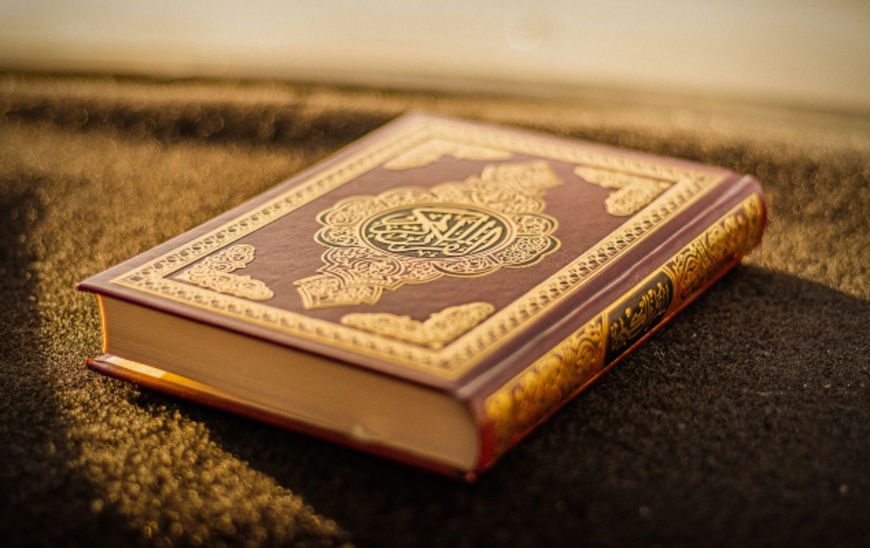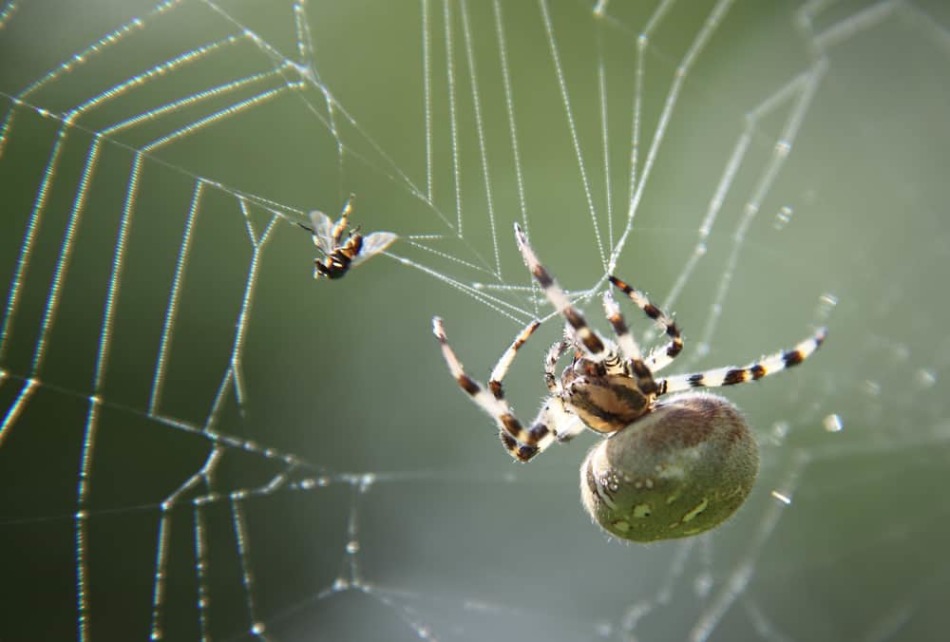Animals in the Quran hold profound symbolic meanings and are integral to the teachings within Islam. Each creature mentioned carries a message, highlighting moral, spiritual, and ethical lessons that guide believers in their daily lives. From birds that signify divine guidance to the humble ant illustrating the value of community and hard work, the Quran offers an intricate tapestry of wisdom conveyed through animals.
Animals as Divine Symbols in the Quran
The Quran mentions various animals, each symbolizing different aspects of faith, virtue, and divine power. The representation of animals in Islamic teachings emphasizes both their worldly roles and their deeper symbolic significance.
1. The Camel: A Sign of God’s Mercy and Creation
The camel is frequently referenced in the Quran as a marvel of creation, emphasizing God’s power. In Surah Al-Ghashiyah (88:17), the verse asks: "Do they not look at the camels, how they are created?" Here, the camel represents resilience and adaptability, symbolizing how God provides His creation with the means to survive in the harshest conditions.
2. The Ant: A Lesson in Community and Organization
The story of Prophet Solomon and the ants, narrated in Surah An-Naml (27:18-19), underscores the importance of unity, communication, and humility. The ants' collective effort teaches the value of cooperation, while their caution reflects the need for mindfulness in our actions. This story highlights how even the smallest creatures can inspire profound moral teachings.
3. The Bee: Productivity and the Blessings of Sustenance
The bee is held in high regard in Islam. In Surah An-Nahl (16:68-69), the Quran speaks of the bee’s role in producing honey, a symbol of healing and nourishment. The verse states: “From within their bellies comes a drink of varying colors, containing healing for humanity.” The bee exemplifies hard work, organization, and the importance of contributing positively to society.
4. The Horse: Strength, Honor, and Warfare
Horses are symbolic of power and preparation in the Quran. Surah Al-Anfal (8:60) highlights the role of horses in battle: “Prepare against them whatever forces you can muster, including war steeds tethered, ready to strike fear into the hearts of the enemy of God.” The horse symbolizes strength, determination, and readiness to stand for righteousness.
Image source:https://yantar.ae/blog/animals-mentioned-in-the-holy-quran
5. The Wolf: Caution and Deception
The wolf is mentioned in the story of Prophet Joseph (Yusuf), where his brothers falsely claim that a wolf devoured him. In Surah Yusuf (12:13), the mention of the wolf symbolizes deception and the consequences of betrayal. The wolf in this context is a metaphor for the potential dangers of envy and dishonesty within families.
6. The Crow: The Consequences of Sin
The crow appears in the Quran in the story of Cain and Abel. After Cain kills his brother Abel, God sends a crow to show him how to bury the body (Surah Al-Ma’idah 5:31). The crow’s action symbolizes remorse and serves as a lesson in dealing with guilt and seeking redemption.
7. The Spider: Fragility and False Security
Surah Al-Ankabut (29:41) compares those who rely on false deities to a spider building its fragile web: “The parable of those who take protectors other than God is that of the spider who builds a house; but indeed, the weakest of houses is the spider’s house.” The spider’s web symbolizes the fragility of false faith and the dangers of relying on anything other than divine guidance.
Understanding the Broader Teachings Through Animals
The Quran’s mention of animals is not merely anecdotal; it is deeply woven into the fabric of Islamic spirituality and ethics. Each story and reference invites believers to reflect on the divine attributes manifest in nature and the moral lessons these animals convey. From embodying virtues like patience and humility to serving as warnings against arrogance and deception, these symbolic meanings enrich the understanding of faith and the world around us.
The Balance Between Humans and Animals in Islam
Islam emphasizes that humans have a responsibility towards all creatures. Animals are not just symbols but beings with rights. The Prophet Muhammad (PBUH) advocated for treating animals with kindness and compassion. His teachings urge believers to care for animals, reflecting a broader ethical stance that extends to all living beings.
The Quran’s symbolic use of animals underscores the interconnectedness of life and the lessons embedded in God’s creation. Whether it's the resilience of the camel, the industriousness of the bee, or the community of ants, each creature offers valuable insights for leading a life aligned with divine principles. Understanding the role of animals in Quranic teachings not only deepens one’s connection with nature but also enhances spiritual reflection and moral development.
In contemplating these teachings, Muslims are reminded of the harmony between all living things and the importance of respecting the wisdom that lies in even the smallest of God’s creations.
|
|||||||||
|
|
Decision Sciences Institute334 Melcher Hall, Suite 325 Houston, TX 77204-6021 USA |
||||||||
